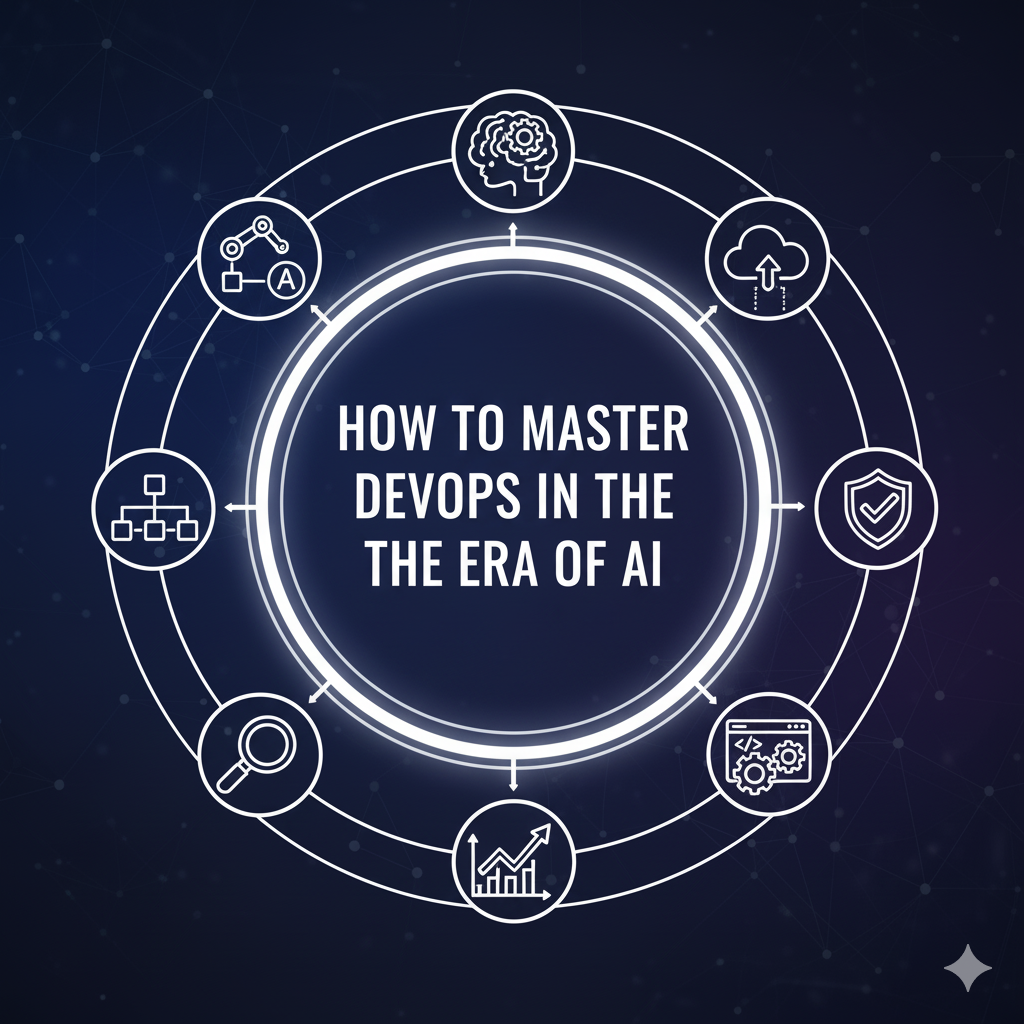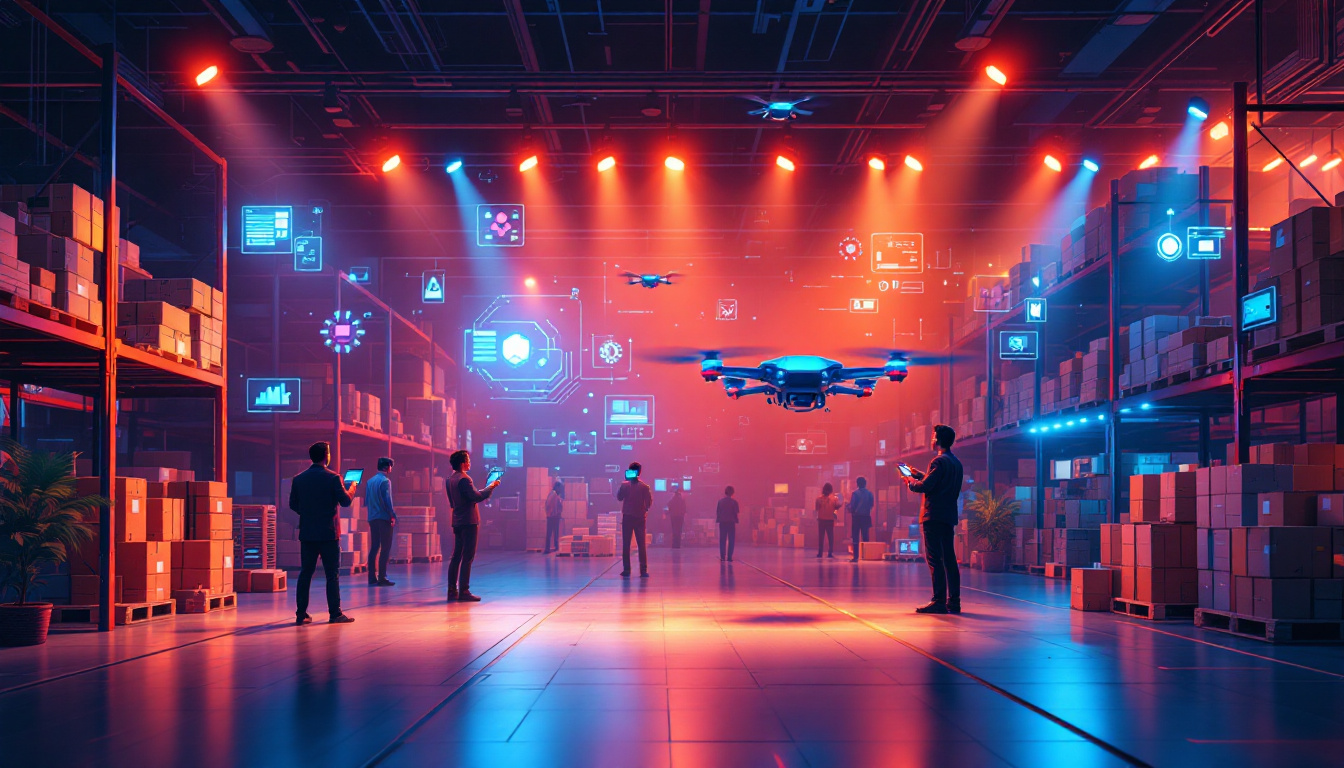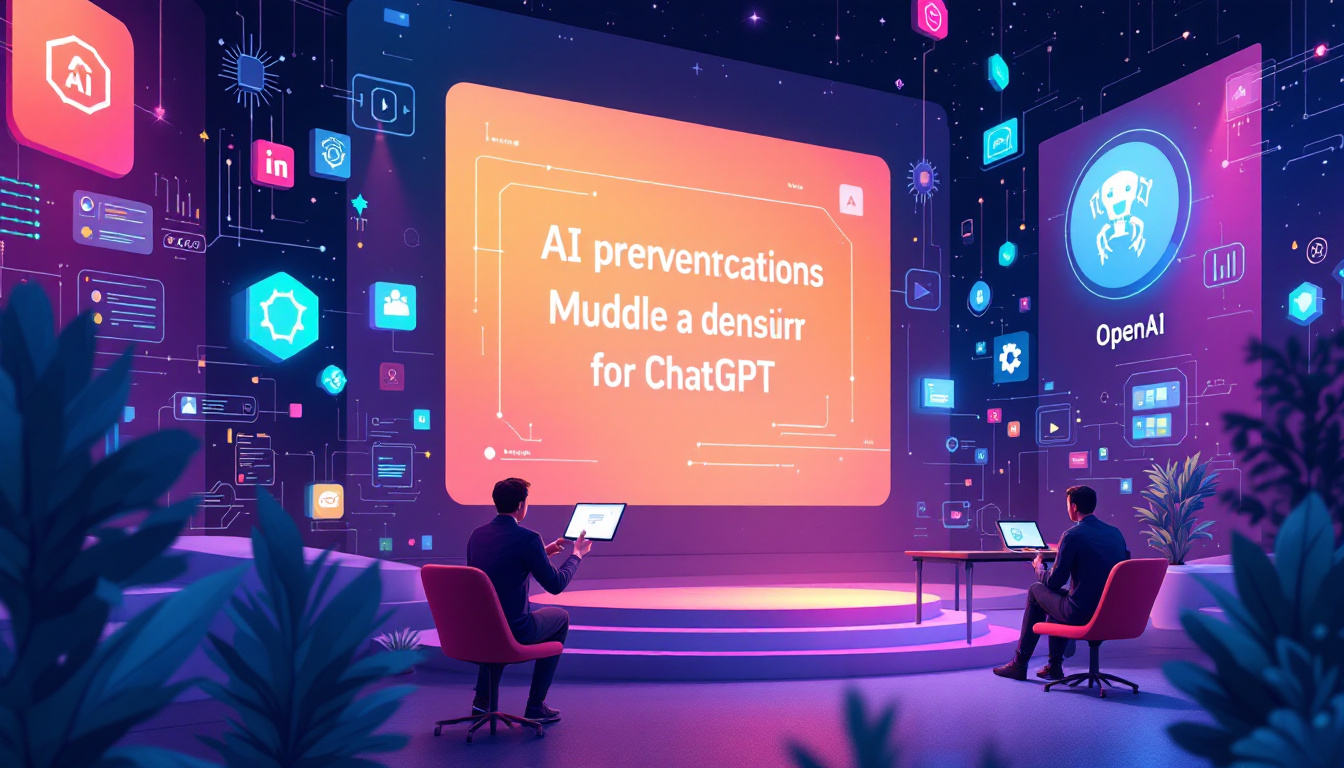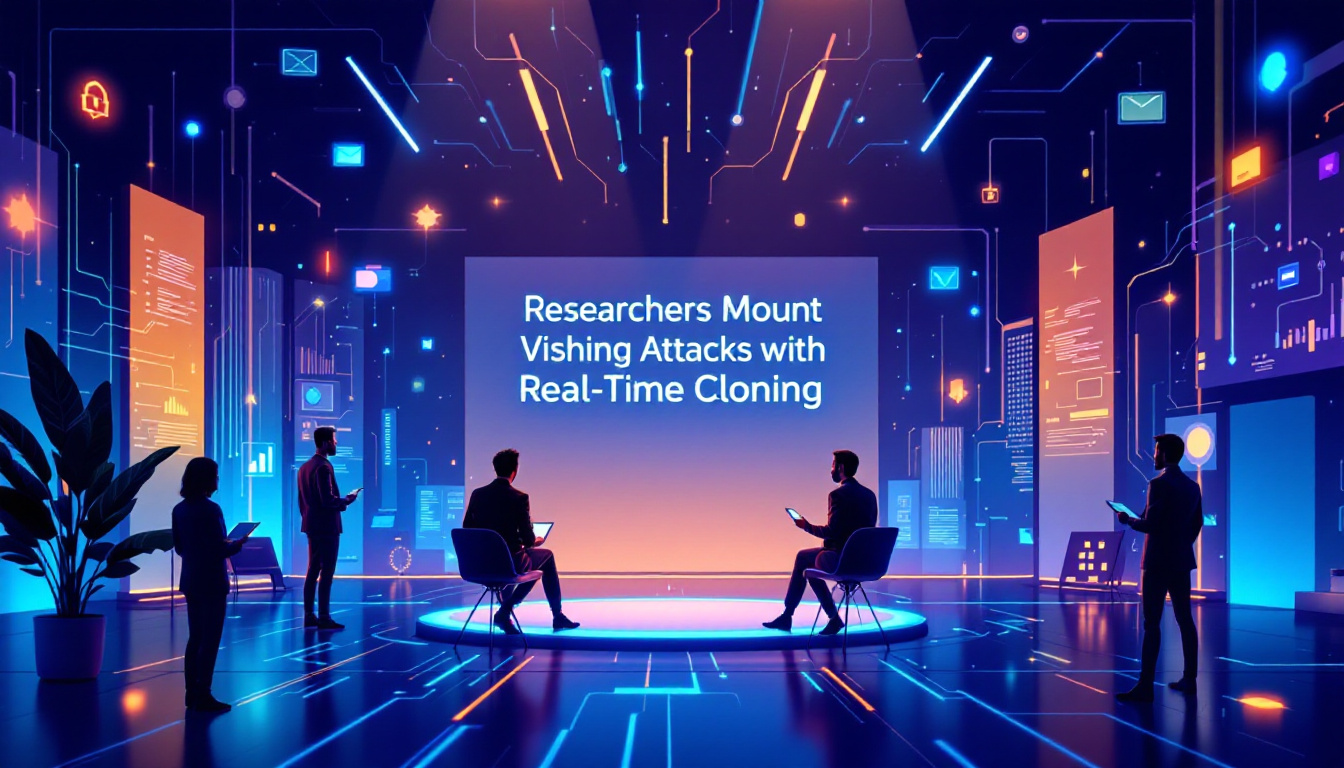How to Master DevOps in the Era of AI
As artificial intelligence (AI) continues to revolutionize industries, its impact on DevOps is undeniable. DevOps practitioners must adapt to this transformative era by integrating AI into their workflows, tools, and strategies. In this blog, we explore actionable steps to master DevOps in the age of AI.
Understanding the Role of AI in DevOps
AI is reshaping DevOps by introducing smarter automation, predictive analytics, and enhanced decision-making capabilities. With AI, teams can identify bottlenecks, predict failures, and optimize workflows in ways previously unimaginable.
“AI-driven DevOps is not just a trend; it’s the next frontier in software development and operations.”
Key Benefits of AI in DevOps
- Improved Automation: AI-powered tools can automate repetitive tasks, reducing human error and saving time.
- Enhanced Monitoring: Machine learning algorithms can detect anomalies in real-time, ensuring systems remain healthy.
- Predictive Insights: AI can forecast potential issues, enabling proactive measures.
- Resource Optimization: By analyzing patterns, AI optimizes resource allocation for maximum efficiency.
Steps to Master DevOps in the AI Era
1. Embrace AI-powered Tools
Start by integrating AI-driven DevOps tools like Jenkins, Datadog, and New Relic. These tools offer automation, anomaly detection, and predictive analytics features that streamline workflows.
2. Invest in Continuous Learning
AI and DevOps are ever-evolving fields. Encourage your team to stay updated by attending AI-focused DevOps webinars, conferences, and training programs.
3. Foster Collaboration Between Teams
AI thrives in environments with robust data sharing. Ensure collaboration between development, operations, and data science teams to maximize AI’s potential.
4. Prioritize Data Quality
AI algorithms are only as good as the data they process. Invest in tools and practices that ensure high-quality, clean, and structured data.
5. Experiment and Iterate
Start small with AI implementations, monitor results, and scale successful strategies. Iterative experimentation allows you to refine processes effectively.
Common Challenges and How to Overcome Them
While AI offers immense potential in DevOps, challenges like high implementation costs, lack of expertise, and data privacy concerns can arise. Address these by:
- Allocating budgets for AI adoption.
- Upskilling teams with AI knowledge.
- Implementing robust data security protocols.
FAQ: DevOps in the Era of AI
What are some AI tools for DevOps?
Popular AI tools for DevOps include Kubernetes for container orchestration, Splunk for monitoring, and TensorFlow for machine learning integrations.
Can AI replace DevOps engineers?
No, AI enhances DevOps processes but cannot replace human expertise. DevOps engineers are critical for strategy, oversight, and creative problem-solving.
How does AI improve deployment processes?
AI optimizes deployments by predicting risks, automating rollback strategies, and ensuring faster, error-free releases.
Conclusion
Mastering DevOps in the era of AI requires a combination of adopting AI tools, fostering collaboration, and embracing continuous learning. By leveraging AI’s capabilities, teams can achieve unprecedented efficiency, scalability, and innovation in their DevOps practices. The future of DevOps is here—are you ready to embrace it?



